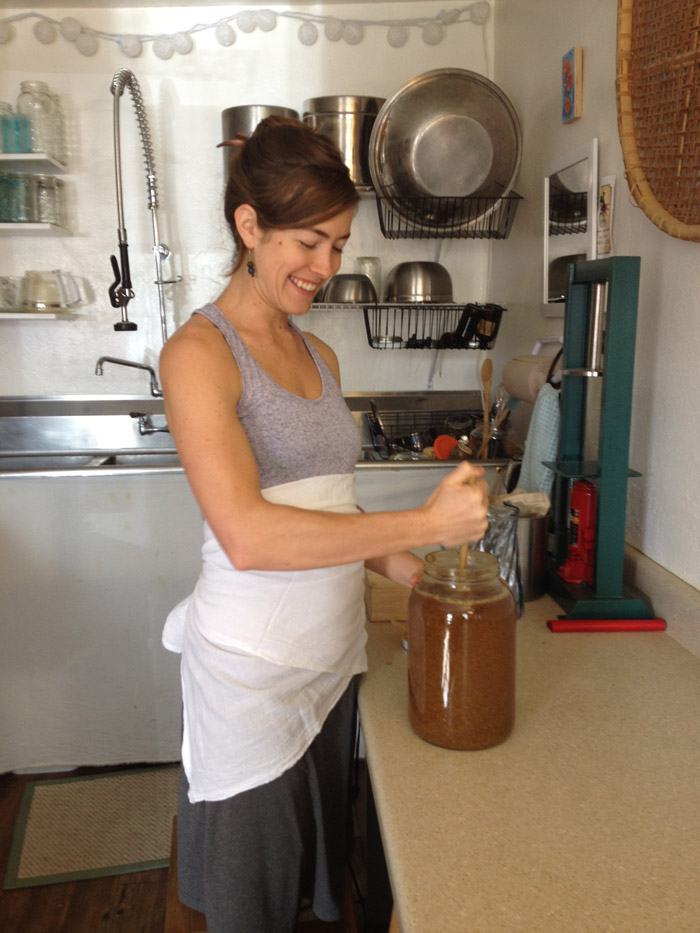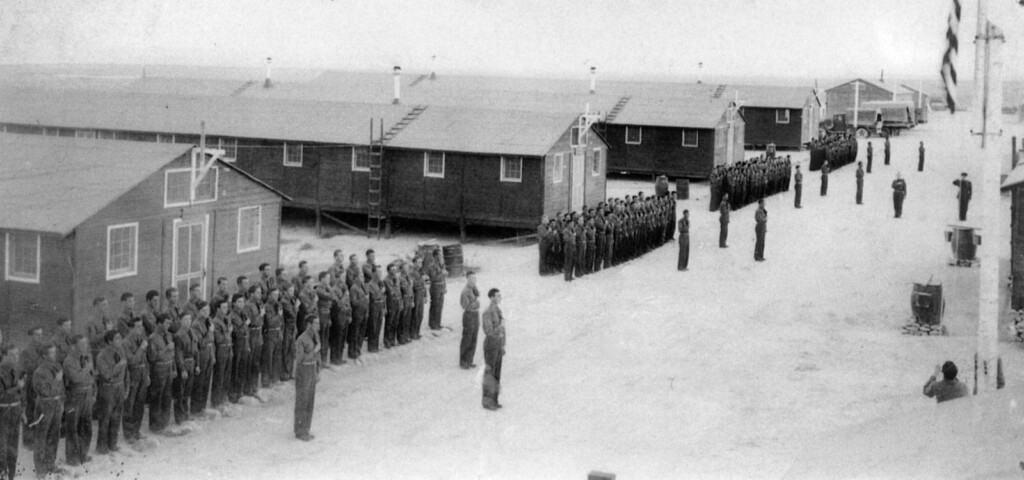
“I grew up using herbs, so they’ve always had a place in my life,” says Emily Stock, owner/operator of Moab’s Sundial Medicinals. Stock started her company in 2012 after several years of studying herbalism, nutrition, and alternative medicine. Sundial’s products are all hand-made personally by Stock, from garden to shelf.
“I grow and wild-harvest about 30 percent of the herbs that I use in the apothecary, and source organically grown herbs for the rest,” she says, adding, “I design and print my labels, bottle, and make all the medicine by hand.”
Sundial’s line of herbal extracts or tinctures features more than three-dozen products designed to alleviate various ailments and promote wellness. Each bottle describes the tincture and what it is designed to do, from regulating digestion, remedying hay fever, boosting the immune system, providing muscle relief, cleansing the urinary tract, and soothing a sore throat.
The labels carry the standard disclaimer that the tinctures have not been evaluated by the FDA, nor are they intended to diagnose, treat, cure or prevent any disease. Still, Stock says many of her customers swear by the efficacy of her products. “Seeing clients improve their state of health through the use of the plant medicines is always inspiring,” she says.
“Usually people are looking for something healthier than pharmaceuticals to help them with a health imbalance,” Stock notes. “It is always more effective when I can see someone as a client and do a full intake to get the right herbs for them.”
“Herbs, when extracted whole,” she continues, “have supporting constituents and are a much more gentle, natural, and effective way to use medicine. This is in contrast with pharmaceuticals that are always damaging body systems to alleviate symptoms. Humans have evolved with plant compounds—this is the medicine the body was made to use, and the healing that can be seen through the use of herbs is remarkable.”
 Stock also hand-crafts a variety of body care products, including salves, lip balm, deodorant spray, ear oil (for infections), mouthwash, facial toner, massage oil, lubricant, and magnesium spray. In addition, she enjoys creating herbal honey as well as a variety of herbal teas which are popular with her customers.
Stock also hand-crafts a variety of body care products, including salves, lip balm, deodorant spray, ear oil (for infections), mouthwash, facial toner, massage oil, lubricant, and magnesium spray. In addition, she enjoys creating herbal honey as well as a variety of herbal teas which are popular with her customers.
“I love formulating teas because it mixes palate senses with the actions of the herbs, which can be complicated,” she says. “My goal is always to provide efficacy through the vessel of a delicious beverage.”
Stock sells her products at Sundial’s apothecary shop, located at 550 North Main in Moab, and through its website. Sundial’s products are also available at Moonflower Market and the local weekly farmers market.
Stock loves being an herbalist. “My favorite is harvesting from my garden and taking the plants to my shop to make medicine with them,” she says.





